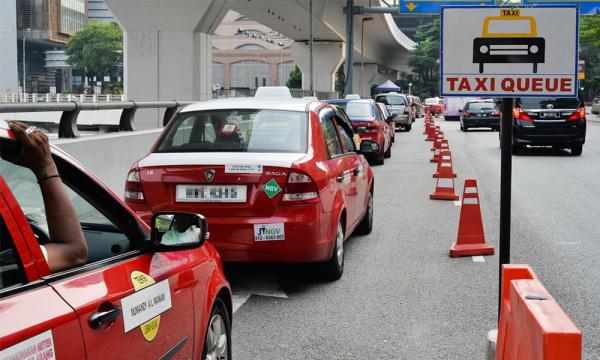Almost all businesses have been affected and disrupted by new technologies, but seemingly none responded more vocally to this than some of our local taxi companies and associations.
On Aug 15, Uber announced on its blog that it has collaborated with Quick Ride Sdn Bhd and Koperasi Amanah Pelaburan Berhad to offer Proton cars for lease to drivers.
Unlike taxi companies that require several thousand ringgit as down payment, the security deposit for leasing is only RM1,000, with rentals for Proton Saga at RM45 per day and RM10 more for Proton Persona.
In response, Big Blue Taxi founder Shamsubahrin Ismail accused the Land Public Transport Commission (SPAD) of propagating the leasing system, after pledging to eliminate it under the Taxi Industry Transformation Programme (TITP).
However, the accusation was flawed. Firstly, the new leasing scheme is a business venture that does not require SPAD’s approval, with the commission playing no part in launching it.
Secondly, the rental-purchase scheme, commonly known as the pajak system, would be strengthened and standardised under TITP to protect taxi drivers.
Eliminating it would force taxi companies to close down – which was never the intention, as taxi companies play a crucial role in public transportation, especially for drivers unable to secure permits or loans.
Under the TITP, selected drivers are issued individual taxi permits, and some qualify for RM5,000 cash grant for the purchase of new vehicles.
When there is a sufficient amount of taxis in the market to compete with private cars operating under Uber or Grab, passengers would stand to benefit.
When supply and demand is determined by market forces, the result would be a healthy taxi industry that encompasses licensed taxis and private cars providing e-hailing services for both locals and foreigners alike.
Since Uber was introduced to the local market some three years ago, unhappy taxi drivers have either switched to other jobs or started driving private cars under e-hailing, whereas the number of new taxi drivers are much lesser.
As such, taxi drivers enjoy several options, making the role of taxi associations even more redundant. Most cab companies are already resigned to the fact that the market has been transformed and they no longer get to enjoy a golden harvest.
Anyone accusing the new leasing scheme as old wine in a new bottle appears to be more like crying over spilled milk.


